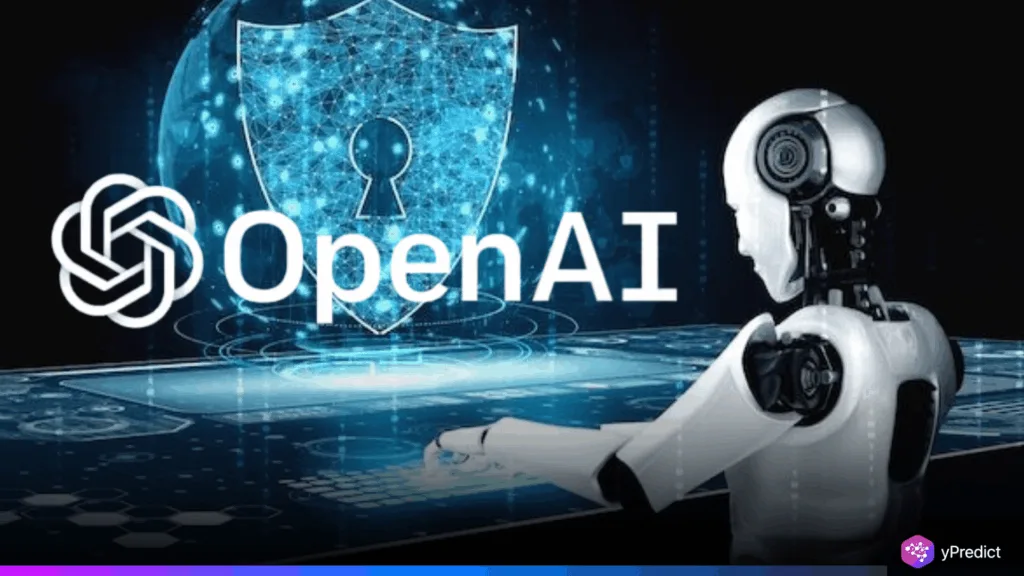
OpenAI is now protecting its cutting-edge AI-like state secrets in addition to developing it. The company has increased its internal and external security efforts in a bold AI security upgrade. It is a reaction to a series of disclosures and mounting corporate intelligence worries.
The new model leaked from the Chinese company DeepSeek was the decisive factor. OpenAI asserts that its technology was “distilled” without authorization. The Financial Times claims that this resulted in a strengthening of OpenAI’s security framework, which insiders claim was already underway.
OpenAI has now transformed its workplace into a stronghold. Additionally, employees can no longer access sensitive projects without strict authorization. Even conversations in the hallway were restricted to cleared personnel during the O1 model’s development. As part of a broader plan, it aims to prevent information sprawl and limit internal exposure.
Inside OpenAI’s AI security upgrade
The report claims that OpenAI has implemented “information tenting” policies. These restrict who can view or even discuss specific project details or code. But that’s not all. Additionally, it has tightened access to data centers, limited internet use unless specifically permitted, and begun isolating proprietary tools in offline systems. Physical mobility is also locked down. More cybersecurity personnel have been hired, and biometric scans, such as fingerprint sensors, are now installed in offices. This extends beyond the threat of foreign actors.
Additionally, OpenAI might be dealing with internal leaks, particularly given how often CEO Sam Altman’s private remarks leak. These issues arise as corporate intelligence incidents in the AI sector increase. Rival companies are battling it out, sometimes going beyond the bounds of ethics and the law. Thus, the DeepSeek model leak might have only sped up what OpenAI had long predicted.
OpenAI Braces for Hacks and Internal Leaks
OpenAI’s actions are those of a military-grade institution, not a technology lab. Access to the internet is blocked by default. It is only accessible to those with special access. These are clear indications that OpenAI is now protecting its innovations.
Experts claim that as the global AI race intensifies, corporate intelligence is now a reality. Thus, the threat is not only foreign to businesses like OpenAI. The model leak controversy demonstrates the vulnerability of intellectual property today.
Is OpenAI’s Strategy Extreme or Truly Essential?
The AI security upgrade by OpenAI marks a watershed moment for the industry. Companies can no longer afford to overlook internal or external threats. Additionally, OpenAI is treating AI as a national asset through controlled access, offline silos, and biometric controls. Although the measures appear drastic, they might be required in a world where a single model leak could cost billions of dollars. If these precautions are effective, only time will tell.
What are your thoughts on OpenAI’s approach to security? Does it indicate a lack of trust or proactive protection?






